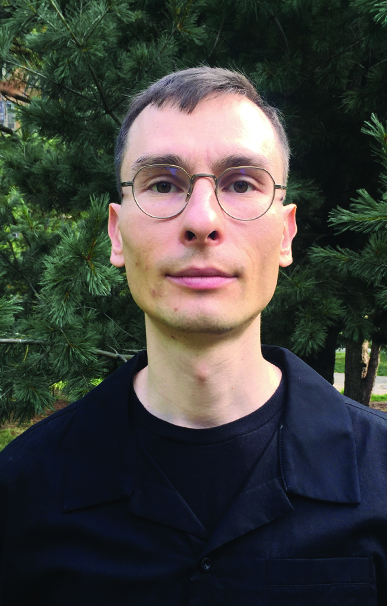Michael Faciejew ’


History and Theory of Architecture
Concrete Is 100 Years Old: A Historical and Technical Study
This project investigated the relationship between narratives of anthropogenic climate change and the design of the built environment. Reinforced concrete — the life span of which is estimated to be 100 years — was studied from historical and technical perspectives to understand how the intersecting communities of concrete technology — materials scientists, engineers, architects, conservationists, etc. — employ knowledge about the built environment differently. As a historian of architecture, my work entailed bibliographic and historical research on reinforced concrete to help idenitfy why the awareness of concrete’s mortality has nonetheless had no significant impact on how the concrete industry navigates its environmental impact. Concrete accounts for 8% of global carbon emissions. I engaged an interdisciplinary framework to study the multiple agents and processes that shape concrete technology in order to contribute to the project’s ultimate goal of situating the historical relationship between materials, life span and environment in the design fields. This work will be further developed in an interdisciplinary conference hosted by the Princeton School of Architecture. My participation opened new avenues in my own research at the juncture of environmental and material histories.
2020
Urban Systems and Planning for a Sustainable Future
Meggers Group, School of Architecture, Princeton University
Forrest Meggers, Assistant Professor of Architecture and the Andlinger Center for Energy and the Environment; Lucia Allais, Visiting Research Scholar, Architecture



